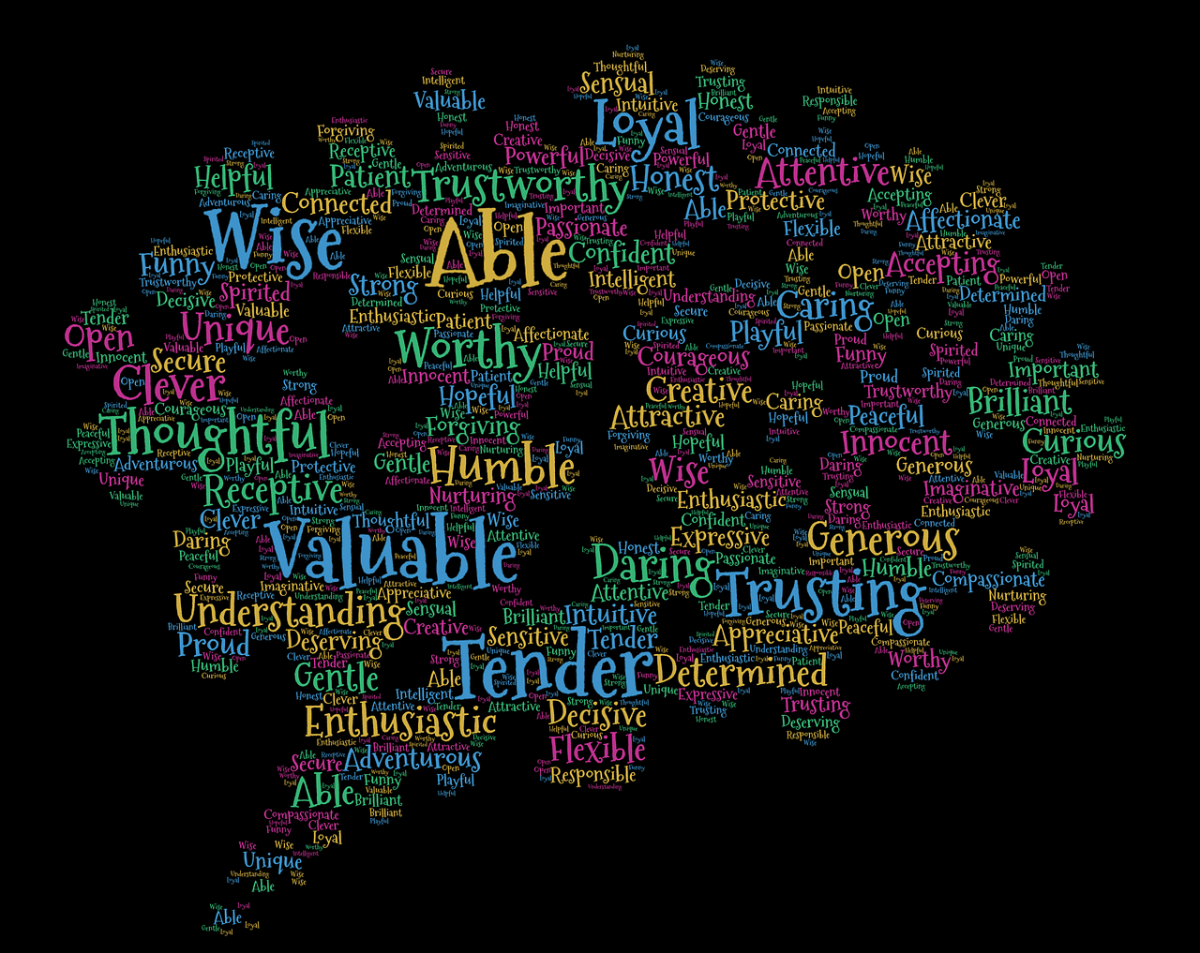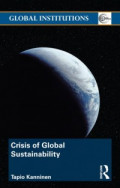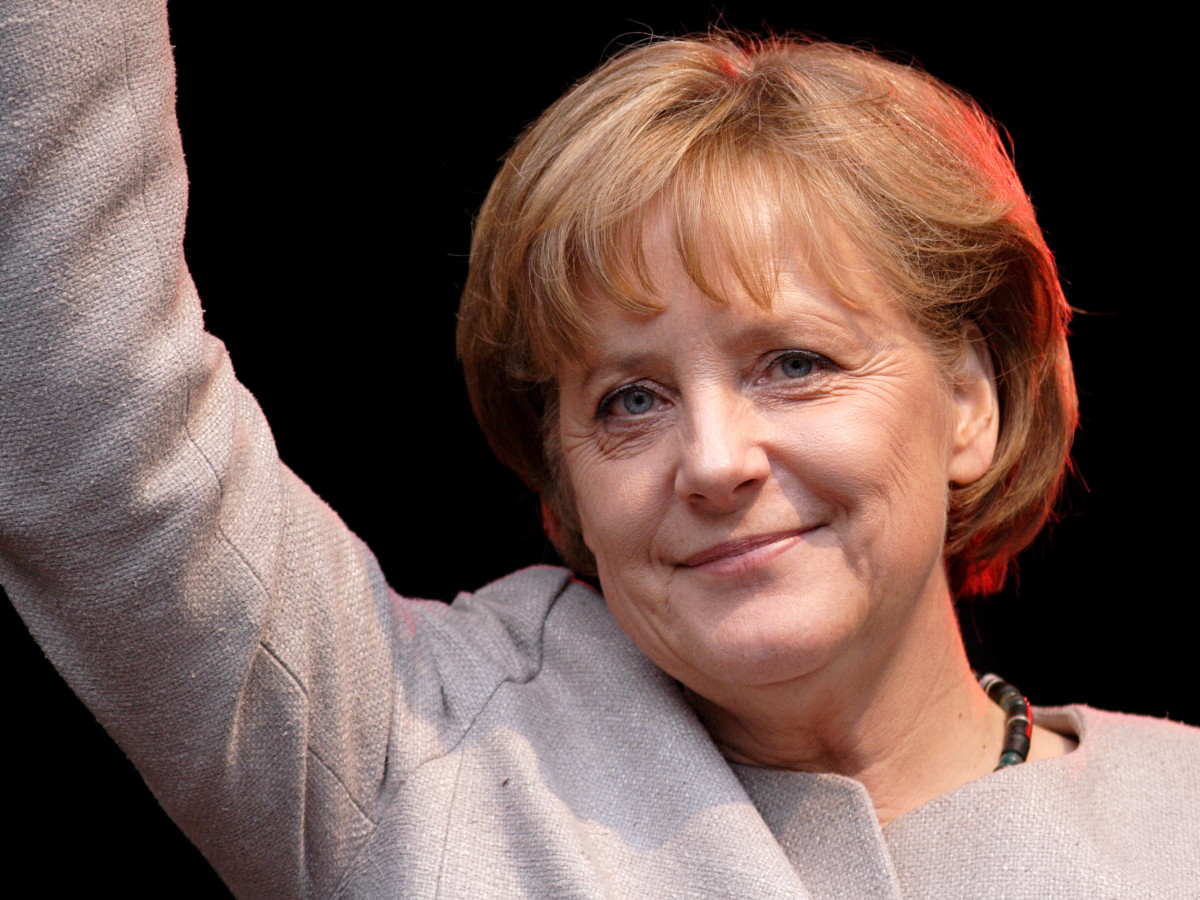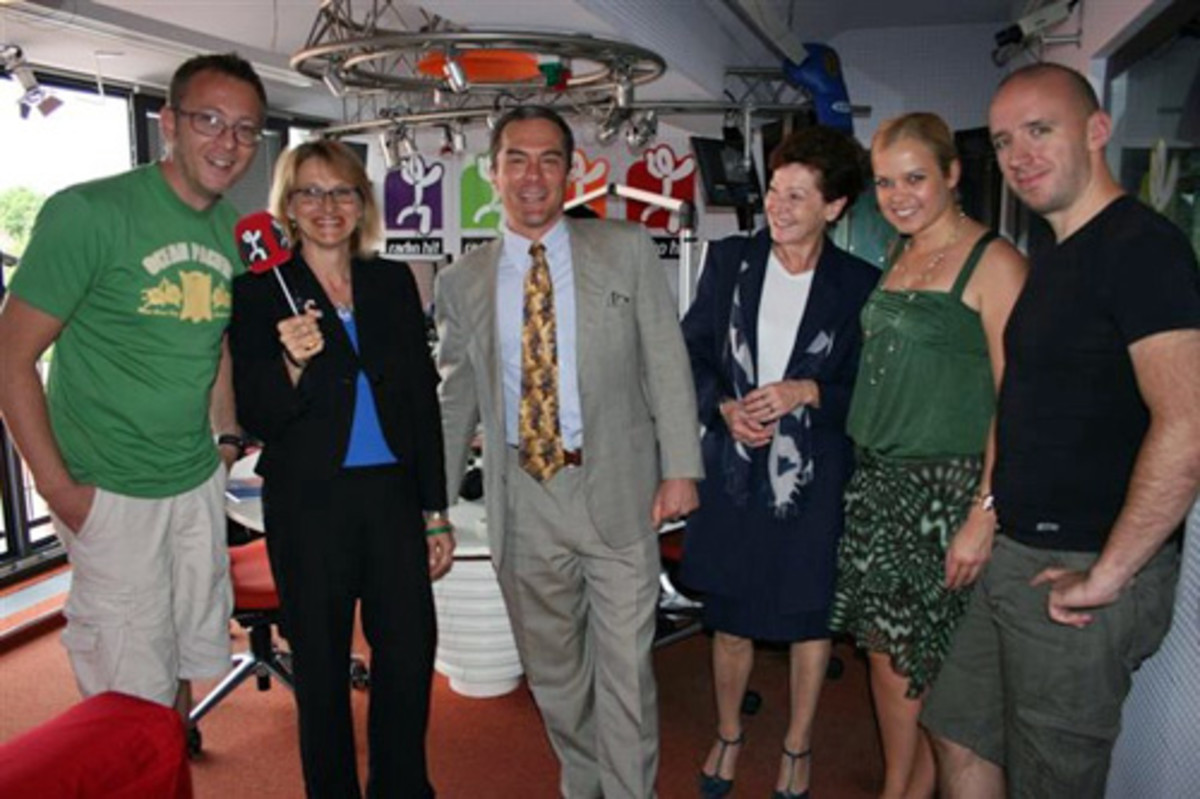Traits of a Generation, Strauss Howe Generation Theory
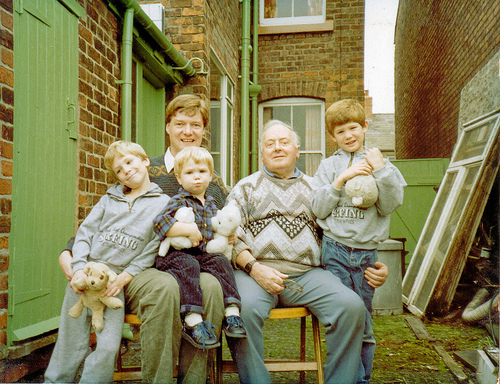
The Strauss Howe Generation Theory was created by William Strauss and Neil Howe in 1991. The theory is based on 4 recurring generations that together forms a repeating cycle that covers roughly 80 years.
The fact that this cycle is near the lifetime of a human is no coincidence. The theory is that as one generation demises then the youngest generation will be taking their place with the same ideologies, each generation is trying to compensate for the flaws in the prior generation. This causes the cycles. Whilst individual humans may learn from their mistakes over the 80 year cycle there aren't many people around who have experienced the same position in the cycle before, and thus the same mistakes are made by the human race as a whole. Some of the traits also aren't "mistakes" by a generation however simply different aims (family or money for example.)
The Stages
- High: This is typically a time of a strong economy where corporations are strong and there is little individualism. Generally however people are happy with this in this period and are content as society seems together in knowing its way forward.
- Awakening: The awakening is the period after the high, this is a reaction to the situation above of restricted individualism, the number those outside the norm grow and they feel alienated. In this period there is a cultural or religious revolution normally led by the youth looking for this individuality.
- Unraveling: This is more of a process then a single stage. It takes the situation of culture and extreme lifestyles above with distrust in big companies and society. The beginning of this era starts strong culturally however as the original revolutionaries grow older they lose their revolutionary beliefs and go back towards more traditional views. The pessimism in this era is almost a hangover from the cultural richness.
- Crisis: As the name suggests this period is normally a crisis, sometimes war, sometimes economical where society is broken down due to a threat to the nations integrity. Not all "crisis" fall into this category, "crisis" happen all of the time. What catagorises this section is when the crisis causes change, the public want change and this crisis gives the opportunity for that change to happen.
Commonly it is thought of that the Awakening and Crisis stages are the peak when a change actually happens. A High or Unraveling are processes in-between the these changes where opinion gradually changes.
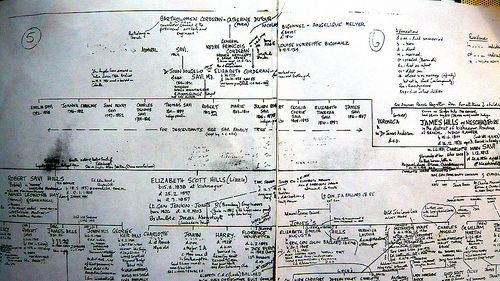
Historical Comparision
The Last Cycle
Our current period is a Crisis, the last Crisis was World War Two where society was changed completely, after the war people had to completely change their perspective on life. Post WW2 was the High, corporations grew strong and there was little individuality, the middle class and middle aged were content. The Awakening happened most obviously with the rise of hippies, rock & roll and the push for civil rights of the late 1960s. This was the time of cultural richness. From the early 80's up until the early 2000s (With 9/11 as the possible turning point) was the period of Unravelling where this cultural richness was slowly lost and we returned back into the current Crisis.
Past Crisis and Awakenings
- Mid 1700's First Great Awakening
- Late 1700's American Revolution (Crisis)
- Early 1800's Second Great Awakening (Protestant Revival)
- Mid 1800's American Civil War (Crisis)
- Late 1800's Missionary Awakening
- 1929-1945 Great Depression + WW2 (WW1 not included due to questionable lack of change it brought) (Crisis)
- 1960-1980 Cultural Revolution (Awakening)
- 2001-xxxx War on Terror + Economic crisis
Where are we now?
As said previously, the Strauss Howe Generation theory currently predicts that we are in a Crisis period, this is due to the war on terror and the 2008 financial crisis, the period isn't over yet so we don't know what if there are any more parts to this Crisis or if this is nearing the end (at only 13 years it would seem a bit short for a cycle however). When this does happen we will be changing into the next High, during this period the world will be a different place to how it was in the late 1990s during the Unravelling.
How is your age likely to effect your behavior?
Depending on which stage you are born and grow up into reflect in what kind of person you are likely to be and your traits as you grow up.
Do you feel like you fit your generations stereotype?
Idealist/Prophet: These are born near the end of a crisis or at the beginning of a high. They grow into the "new order" created by the crisis. They see that whilst times are good in terms of money they also recognize the lack of culture or individuality. These as youngsters are the crusaders of the Awakening. The latest of these is the baby boomers born just after WW2. This generation have become the most successful generation, they caused change in their youth and then became the overall wealthiest generation yet and could expect to be better off than their parents. This generation typically are prepared to work hard to achieve and have found that this normally will pay off, hence the idealist tag.
Nomad/Reactive: This is a generation brought up during an awakening, they generally have far less social restrictions than their parents had at the same age. This causes reactive generations to be independent, they are progressive in their youth and tend to become highly educated. They are commonly seen as the "bad/naughty" stage, however this often is because they are attempting to copy their previous generation with revolution however their revolution fails to materialize as society is now into a slow Unravelling. This generation has the opinion that they too will be able to be "better off" than their elders, however as they become middle aged during a crisis and thus find it difficult to keep to this dream as they find that they good education does not meet job security like it did for the Prophets. This generation is the names as Nomad because they miss out on being part of the Awakening but at the same time are not the driving force behind the change at the end of a crisis. This stage is those who are currently in their 40's often coined as "Generation x"
Hero/Civic: The hero or civic generations are those born during the unravelling, those born early in the period may still feel the less social restictions in their childhood, however the later in this period they are born the more restricted ("protected"), this often means a false sense of overconfidence. Common other traits are entrepreneurial and having a feeling of social responsiblility. This group are then hit hardest as they come of age during a crisis (fighting in war or unable to find jobs if economical crisis). This generation however are key in rebuilding society in a new direction after the crisis and creating the stability of the high, hence the hero tag. As this generation start to retire they witness another Awakening. The current example of this is "Generation Y" of those who are now in their teens and 20's. The last example of this was the "GI Generation", these were those who grew up during the great depression, fought in WW2, re-built afterwards and then were "knocked down" in the cultural revolution.
Artist/Adaptive: The generation born during a crisis are commonly referred to as the the artist or adaptive generation. They are a generation smaller than the one before due to the hardships of the crisis. They grow into the High where they are able to create careers in a time of low unemployment. They tend to weather then cultural revolution quite well as they are already secure in having new families and steady jobs. They retire during the unravelling and thus avoid being effected by many real hardships in their adulthood. The last example of this generation were those born during the great depression who emerged into adulthood after WW2.
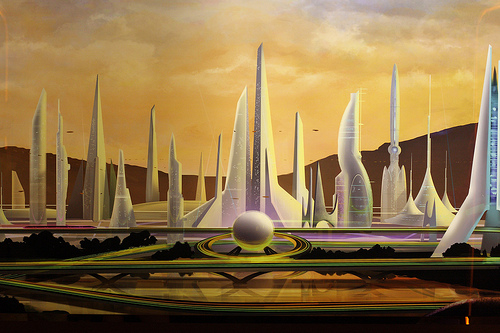
What does the Future hold?
If the Strauss Howe theory holds strong then we should be seeing a major change soon. When the world comes out of the current crisis then it will be a hugely different place then when it went in. However with the western economys seemingly starting to recover without this huge change we have to question either the theory or whether this is the end of the crisis.
Howe has said that he thinks the real change will be in terms of Western countries realising their governments are spending far to much money that they don't have. The result of this change will be the radical change where the people will have to take back control over their countries rather than the current situation of benefits, militarys and bureaucracy. This would fit very well into the generation theory and will be interesting to see if this comes to fruitation.

